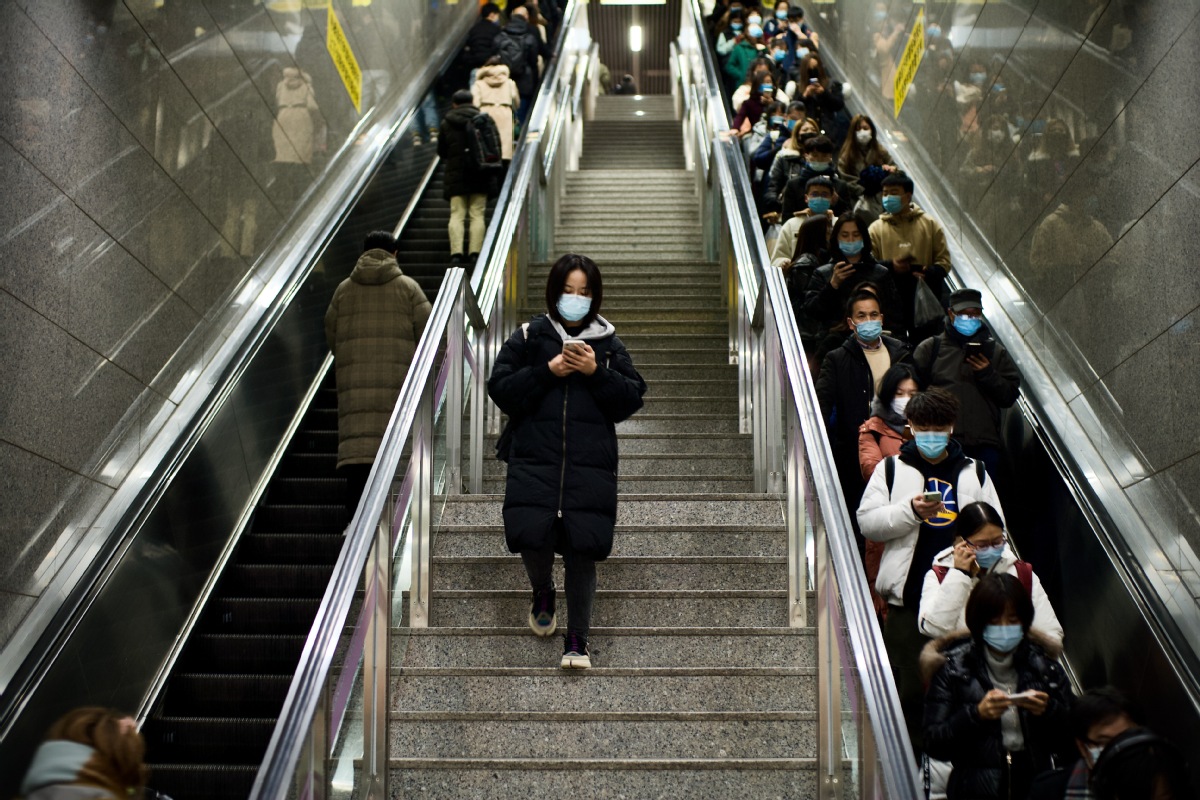Social media addicts mourn lost time


The pandemic and measures taken to curb the spread of COVID-19, such as lockdowns, have also increased social media use worldwide. Researchers attribute this to a deep desire to feel connected and escape the sense of being isolated.
A study released in January by Nanyang Technological University in Singapore found that use of online messaging and social media apps among the city state's residents had risen during the pandemic.
A survey carried out by the Hammerkopf consultancy in India last year, where there are 326 million social media users, found that 87 percent said they were using such platforms more than before a lockdown was enforced.
Users in the United States and the United Kingdom also found they were spending more time on social media last year, with 50 percent of them in the US using it for between 30 minutes and two hours more than usual each day.
Short videos have also become more popular during the pandemic.
In China, the number of daily users of Douyin and Kuaishou reached 600 million and 300 million in August and June respectively.
According to a research report last year by the China Netcasting Services Association on the development of internet audio-visual programs, the number of short-video users in China reached 818 million. They accounted for 87 percent of internet users and on average spent 110 minutes watching videos each day.
Chen Ziran, 30, a Beijing office worker, said that during the pandemic he used social media for up to 10 hours a day.
"I worked from home and used WeChat to stay connected with my colleagues and customers. Even when I was off work, I spent a lot of time browsing Sina Weibo for COVID-19 updates and watching short videos," he said.
"This had a dual effect on me. Connecting online ended the feeling of being isolated, but negative news during the pandemic made me anxious. However, I couldn't stop watching."
Endlessly browsing social media sites and reading bad news is known as doom-scrolling, a term that originated in 2018, but which has gained popularity during the pandemic. Last year, New Zealanders chose it as the word of the year.
Tim Bono, assistant dean at the College of Arts and Sciences and a lecturer in psychological and brain sciences at Washington University in St. Louis, US, said that paying more attention to negative information is "etched on the human gene".
"In our evolutionary past, anyone who was not tuned into potential threats in the environment may have missed looming danger that could jeopardize an individual's survival," he said in an email.
"Therefore, genes that were most likely to be passed on from one generation to the next predisposed us to give special attention to those negative aspects of our environments that could be harmful to us."


















